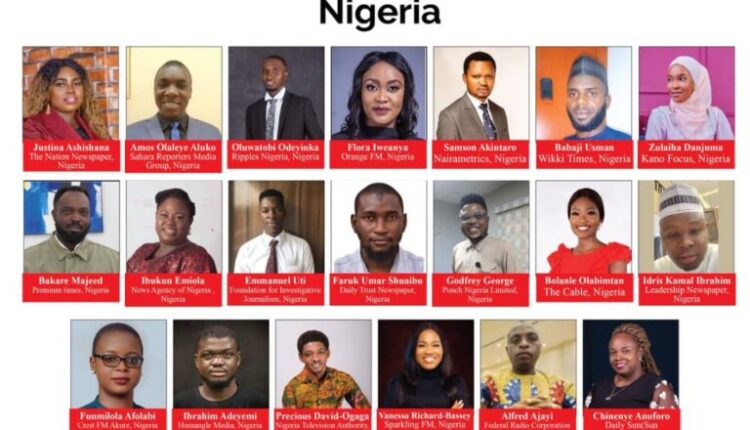Forty-five journalists from Benin, Ghana, Nigeria, and Togo have been selected for the 2024 Digital Public Infrastructure Fellowship, an initiative led by the Media Foundation for West Africa (MFWA) and Co-Develop.
The MFWA, in a statement on Thursday, announced that this fellowship’s second phase aims to empower media across these countries to enhance public awareness and access to Digital Public Goods (DPGs). Among the chosen fellows from Nigeria is Ibukun Emiola, a reporter with the News Agency of Nigeria (NAN).
The fellowship seeks to build participants’ skills in reporting on Digital Public Infrastructure (DPI) and DPGs, encouraging safe and inclusive adoption throughout West Africa. The 45 selected journalists, comprising 28 men (62%) and 17 women (37%), will collaborate with major media outlets, including Daily Trust, NAN, Punch, Leadership Newspaper, Premium Times, and Radio Nigeria.
Running from November 6, 2024, to January 31, 2025, with additional activities until April, the program will provide DPI/DPG-focused training and editorial guidance to support impactful storytelling. Fellows will have access to a dedicated DPI/DPGs website featuring resources and regional stories.
The fellowship includes a monthly stipend of $250 per fellow for three months, along with a $1,000 contribution to each newsroom to support editorial production under the DPI/DPGs Newsroom Partnership Programme. Fellows may also apply for additional reporting grants to further their coverage of DPI/DPGs.
Top-performing fellows will qualify for travel grants to participate in international training or conferences, enhancing their expertise in digital infrastructure. Each fellow is expected to produce at least two reports on DPI/DPGs per month, totaling at least three high-quality stories by the fellowship’s end. Published stories will appear in their respective outlets, and successful fellows will receive a Certificate of Honour.


